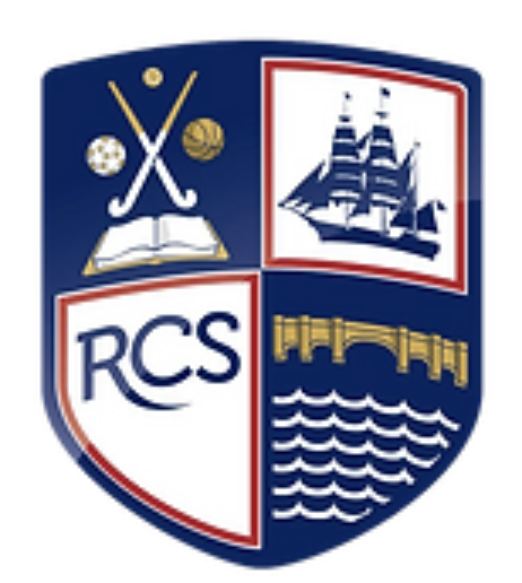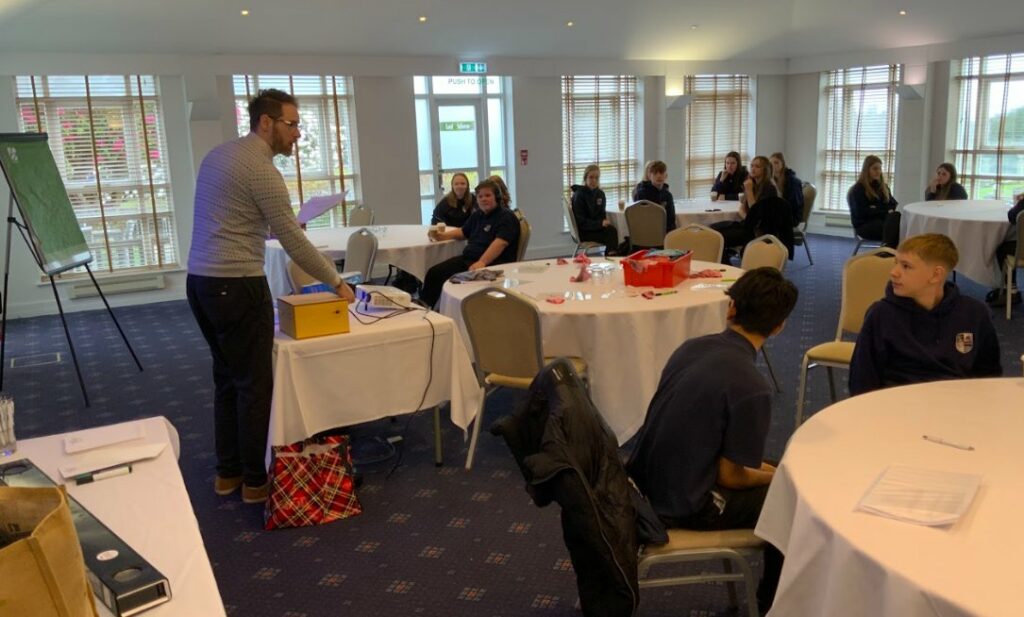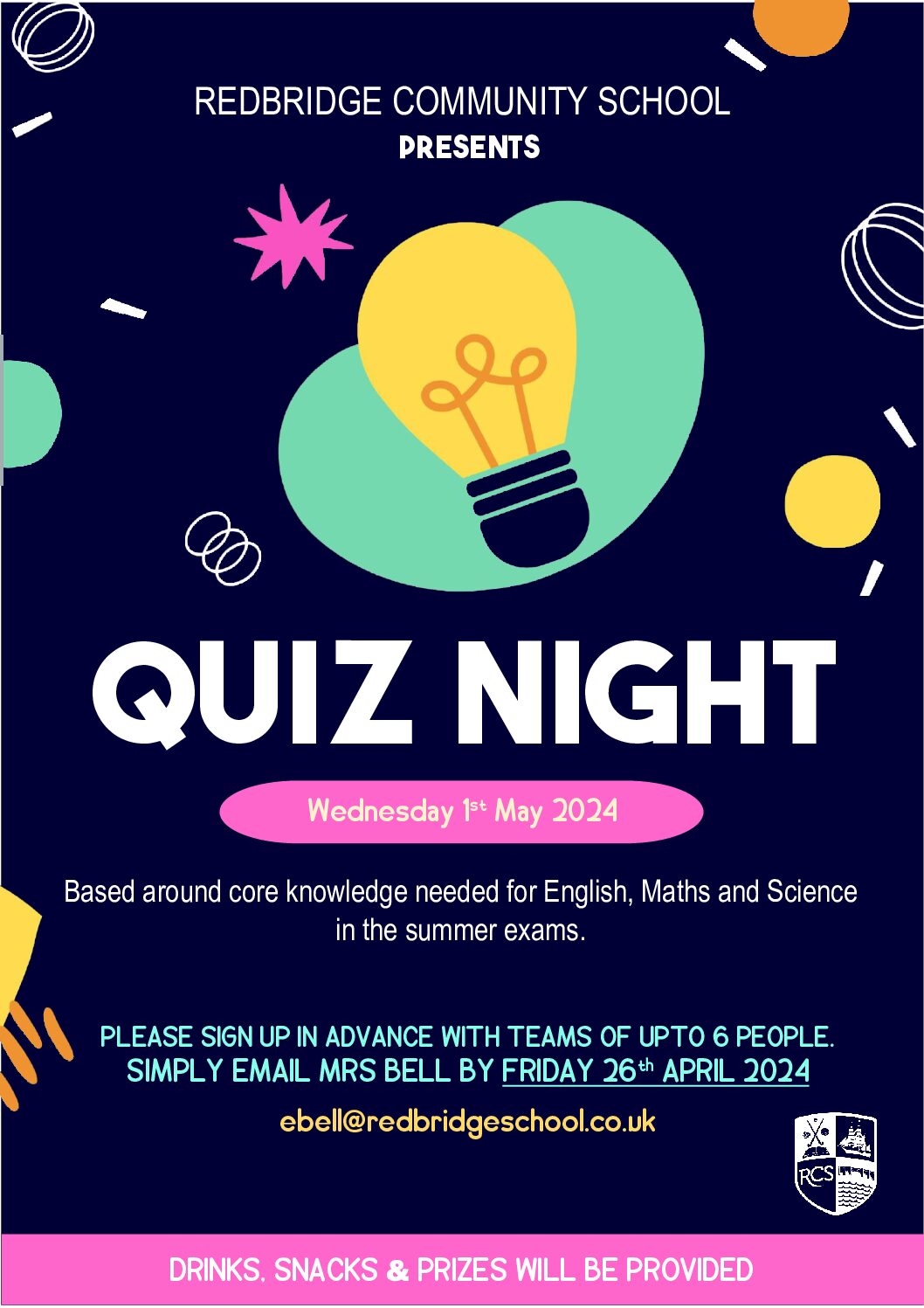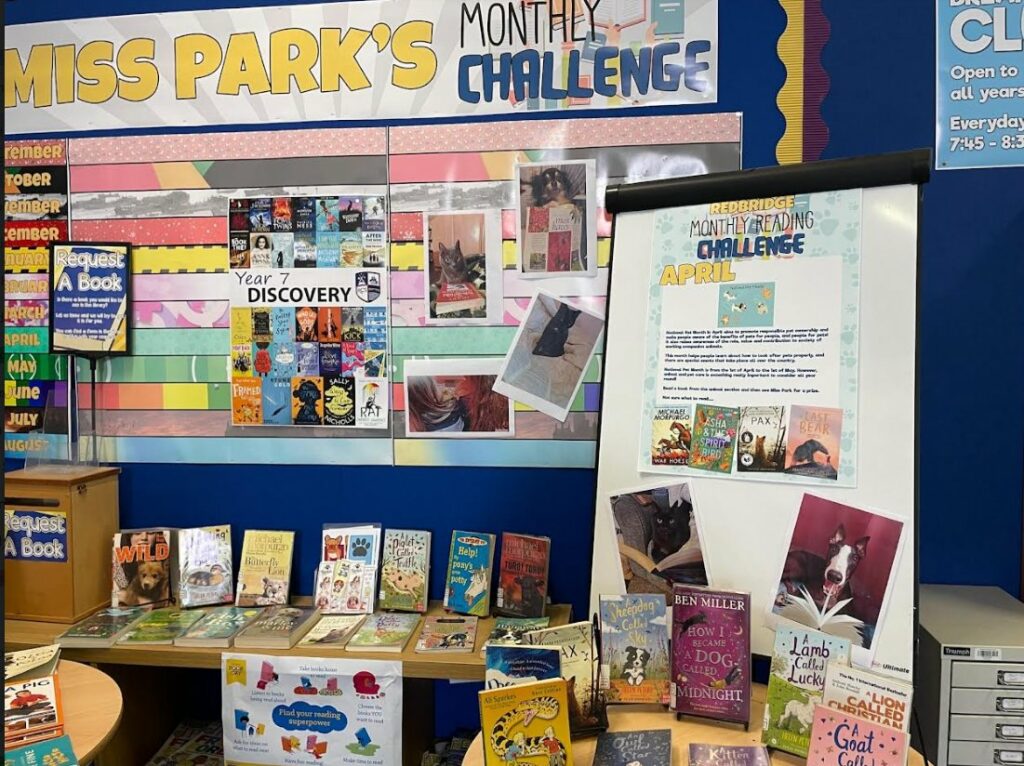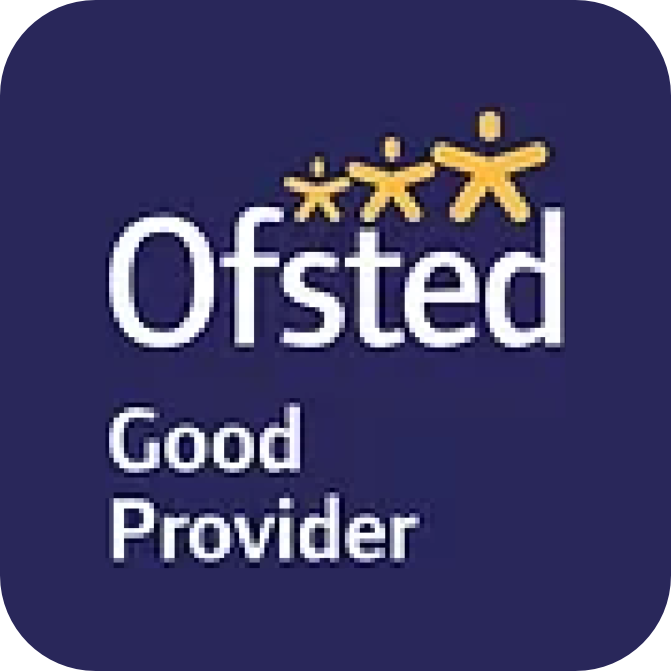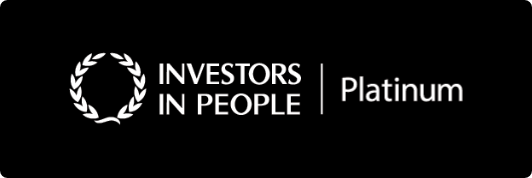Curriculum Statement
“It is the duty of schools to provide each child with the knowledge and skills requisite for academic progress – regardless of home background”
– (E.D. Hirsch, quoted by Nick Gibb 2015)
1. CURRICULUM INTENT
Like every state school, we offer a curriculum that is:
- both broad and balanced
- makes provision for a daily act of collective worship, teaching religious education to students at every key stage and sex and relationship education (SRE)
- makes provision for personal, social, health and economic education (PSHE) via careful planning and designing
Our curriculum promotes the school’s core values:
- ASPIRATION through offering a predominantly academic core curriculum within each pathway, alongside vocational subjects and qualifications, allowing our students to apply to the very best colleges, universities and employers
- RESPECT through our teachers providing engaging, challenging and enjoyable learning experiences. We provide students with the essential cultural literacy (via a devised iKnow programme), knowledge and skills that they need to be educated citizens and prepare them for the opportunities, responsibilities and experiences of later life
- OPPORTUNITY through placing literacy and numeracy at the heart of learning. We recognise how vocabulary size relates to academic success and confidence in literacy and numeracy are preconditions of success across the national curriculum. Therefore, students are placed on appropriate pathways to meet these needs
- EXCELLENCE through engagement and challenge via careful use of assessment to inform planning and personalise the learning. We set targets for individuals that are unapologetically ambitious
2. CURRICULUM IMPLEMENTATION
Our curriculum design is reviewed and evaluated carefully, for both purpose and appropriateness, for each and every cohort:
- Giving consideration to the depth and breadth of the subjects taught
- Being mindful of curriculum progression
- Having clear and purposeful assessment practices
- Considering carefully our local contexts
- Providing balance to where student backgrounds may have gaps in knowledge and skills
Within our review system, each subject/qualification and subsequent scheme of work is rigorously assessed against our four key questions:
- To what extent is the learning in the subject relevant and suited to the context of the school? (focus on the broad and balanced)
- To what extent is the learning in the subject ambitious for all? (promotion of social mobility)
- To what extent is the learning in the subject coherent, with clear lines of progression?(address learning gaps and promote links in learning)
- To what extent is the learning in the subject providing full coverage and depth of knowledge for all? (development of cultural capital and expertise)
The Curriculum at Key Stage 3 (KS3)
With the de-regulation of assessment at KS3 we are able to focus on the specifics of key areas of the curriculum and ensure deep, secure knowledge and understanding in these specifics. All students at Key Stage 3 are taught a traditional curriculum by specialist teachers.
English, Maths, Science, PE, PSHE, Drama, Dance, Geography, French or Spanish, History, ICT and Computing, Music, Art, RE, Technology (Photography, Food, Resistant Materials)
The majority of classes are taught in clusters, according to needs identified from each students’ KS2 information. There are bespoke pathways to challenge the most able and a pathway to nurture those who require additional support in transitioning between KS2 and KS3. There is also on-site alternative learning provision offering an integration package for students whose needs are such that they struggle with the mainstream environment. For students who require additional remedial support in Literacy and Numeracy, there are carefully mapped, Curriculum Support rolling programmes to minimise impact on timetabled lessons. In addition, as the resource hub for Southampton, students with hearing impairments are taught alongside their contemporaries, but receive additional support during designated withdrawal sessions.
The Curriculum at Key Stage 4 (KS4)
KS4 expectations are delivered from when our students join us in Year 7. To ensure that no stone is left un-turned, all departments map KS4 assessment content against the KS3 National Curriculum to ensure maximum learning is not inhibited through transition. Therefore, when students come to take their Guided Options in Year 8, they are equipped to make choices that are sufficiently informed as they have studied a broad and balanced range of subjects at KS3.
Consistent with findings within the DFE commissioned Expert Panel Curriculum Review (2011) and OFSTED’s publication Key Stage 3: The Wasted Years (2015), we feel that a 3 Year KS4:
- Provides a Y8 focus, instead of being regarded as a ‘forgotten’ year, as option choices are explored
- Gives pace and purpose to a two year KS3, avoiding the time lag that contributes towards a proven national dip in attainment during Year 9.
- With high stakes assessment in Year 9, comes purpose and motivation
- Enables a fuller exploration of subjects, whereby essential knowledge and skills are taught in greater depth, over a longer period, which avoids “teaching to the test”
- Provides students access to bespoke teaching, with engaged peers
- Facilitates and embeds transition to post-16
- To meet the needs of the Hirsch philosophy, that expert learning is not age related
In addition to the national argument, we also have a contextual rationale that supports student entitlement:
- We have a larger proportion than National for SEN+D at 25%. Having longer to learn supports meeting their needs. For example, pace is matched to need and synoptic links between subjects can be explored
- Each cohort arrives at Redbridge, with a reading age on average 3 years behind their chronological age, with approximately 84% of each cohort below chronological ages. We value quality over quantity, without losing sight of a curriculum that is both broad and balanced. Across three years, students will have chances to revisit and consolidate areas of learning, enabling them to feel better prepared and calmer for the challenges of external examinations and post-16 demands
- Over a 3 year period, teachers and teams develop a deep understanding of student needs and can tailor learning specifically
- Over 3 years, and in conjunction with our Hirsch knowledge curriculum at KS3, sufficient time is allocated for practise and consolidation – deep learning – during lesson time or our literacy and numeracy programmes
In essence, we run a 5 year KS4. All of our SOWs and assessment systems are attuned to KS4 assessment objectives. The removal of levels afforded us this opportunity. In handing over the assessment framework to schools, the DFE also handed over how we shape our curriculum within our institutional context.
At Key Stage 4 we use a curriculum pathway approach. At present there are 4 pathways, designed to meet the needs, ambitions and aspirations of our students.
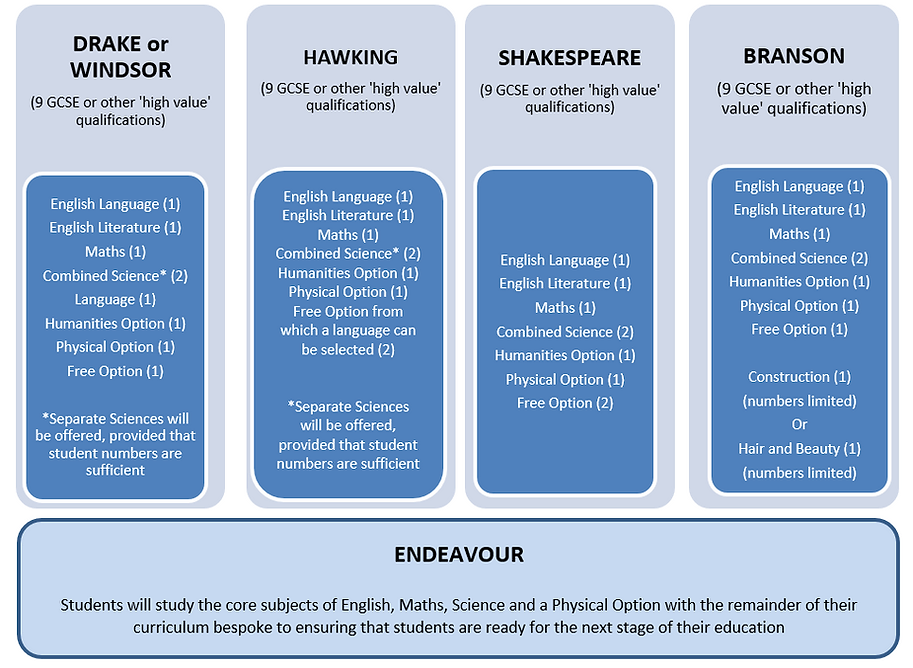
Core Curriculum
English Language, English Literature, Maths, Combined Science, ICT*
*ICT, whilst offered as a core subject, has no qualification attached
Current** Guided Option Subjects
Ancient History, Art and Design, Business, Computing, Construction, Dance1, Drama, Food and Nutrition, French, Geography, Hair and Beauty, Health and Social Care, ICT, History, Music, Physical Education/Sport2, Photography, RE, Resistant Materials, Spanish, Textiles, **Course viability is evaluated each year 1,2 Students choose one to fulfil their statutory learning in Physical Education
Citizenship
Across both Key Stage 3 and Key Stage 4, the high-quality Citizenship programme provides students with the knowledge, skills and understanding to play a full and active part in society. Democracy and justice, rights and responsibilities, identity and diversity are covered during assemblies and weekly extended tutor sessions.
Curriculum Enrichment
As a school community we recognise that rates of learning are not linear. Students will make progress at different rates. To accelerate learning, or to plug gaps in knowledge and skills, Y11 attend after school enrichment sessions, run by their teachers. During ‘Targeted Learning’ sessions, each student is assigned across their full range of subjects. During English and Maths sessions, students are invited by their teachers to address specific needs.

To explore the implementation for each subject area please follow this link.


